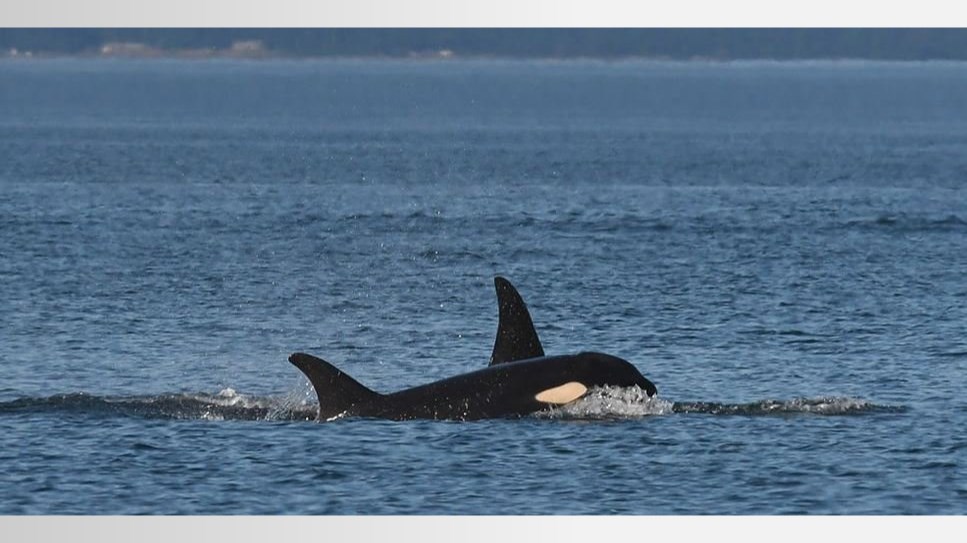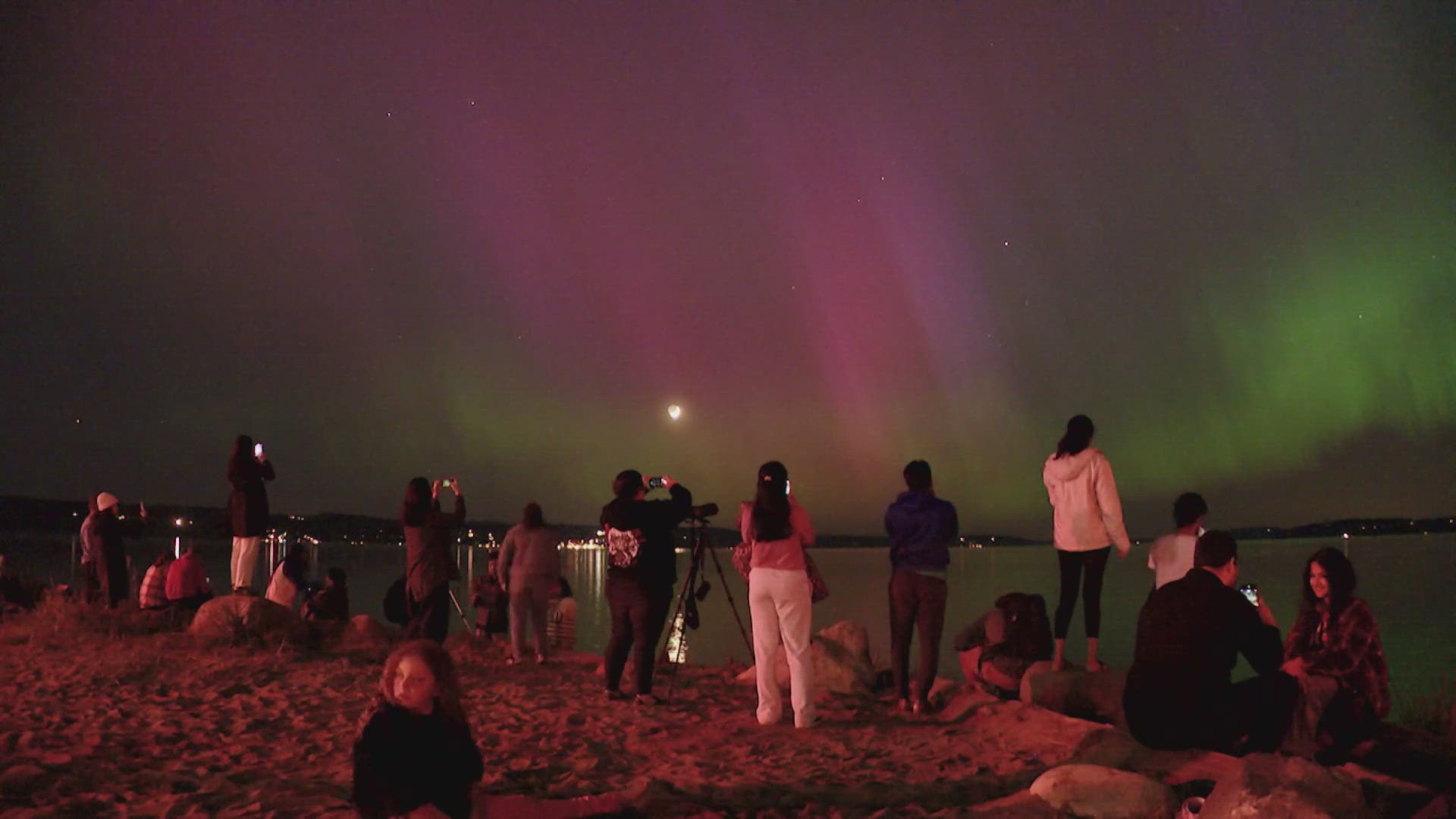The Puget Sound Partnership’s 2017 “State of the Sound” report was released Wednesday, and it is filled with harsh reality checks about everything from the condition of Southern Resident Killer Whales (SRKW) to stormwater run-off. The overarching message is that the 10-year Partnership admits it will not meet its goal of recovering the ecosystem by 2020.
“Despite the efforts of so many, it is time to admit that we will not recover Puget Sound to good health by 2020 – the goal that was set 10 years ago when the Partnership was created,” the document reads. “While we have appropriately focused much on restoration projects, we have not focused enough on programs designed to protect what we have.”
The SRKW focused much of the first part of the report, with the whales considered an indicator species of Puget Sound health.
The recovery goal for SRKW is 95 whales by 2020 up from 89 in 2014. Right now, there are only 76. A major challenge is declining food. The whales primarily eat Chinook salmon.
“The spawning population sizes of Chinook salmon are dangerously below federal recovery goals and are not improving,” the report reads.
While there have been modest gains for habitat restoration in estuaries, floodplains and shorelines that are important to key species like Chinook, change is not happening fast enough.
The main obstacles to SRKW recovery will continue to be increasing their main prey of Chinook, reducing toxins in Puget Sound, as well as minimizing impacts and risks of vessel traffic.
The report estimates that 1,000 people moving to Puget Sound basin each week, and says keeping up with growing human activity will remain a challenge.
While there have been important success stories over the past two years since the last report was released, such as restoring more than 75 acres of estuarine habitat, there are still important areas of concern that need more time-sensitive solutions, according to the report. They are divided into two categories: what’s getting worse and what’s not improving.
WHAT’S GETTING WORSE: Loss of ecologically important lands for development, marine water conditions, the number of SRKW and the biomass of spawning Pacific herring, which are forage fish for Chinook and other important species.
WHAT’S NOT IMPROVING: Chinook salmon population abundance, eelgrass areas, condition of swimming beaches.
The report also states that hardened surfaces continue to increase, and because they don’t absorb rain water, pollution from stormwater run-off remains a challenge.
“Toxic chemicals are concentrating in the water and entering the food chain. Low oxygen caused by nitrogen discharged from septic tanks, sewage treatment plants, and other sources threatens Puget Sound,” the report reads.
Work to reduce toxins in fish is lagging behind targeted goals for 2020. Mitigating stormwater run-off is the major challenge. Implementing affordable treatment solutions like rain gardens will continue to be a focus. Stormwater management costs in Puget Sound are expected to soon reach nearly $1 billion annually. The money will go toward wastewater treatment plant replacement, retrofits, and source-control efforts. The current cost is $860 million per year.
The report also argues that resources and funding are inadequate for accomplishing the necessary work in a timely fashion. Water quality is at risk due to aging and inadequately maintained infrastructure. Hundreds of culverts blocking fish passage are still waiting to be replaced. Seawalls are damaging critical nearshore habitat.
The Partnership is also encouraging work with Canadian counterparts to address the Salish Sea as an entire ecosystem rather than focusing solely on Puget Sound.
On a Wednesday conference call, the Leadership Council of the Puget Sound Partnership adopted resolution 2017-01 titled “Accelerating and Amplifying Chinook salmon recovery for Southern Resident Killer Whales." It will work toward drastic recovery goals to save the iconic whales.


